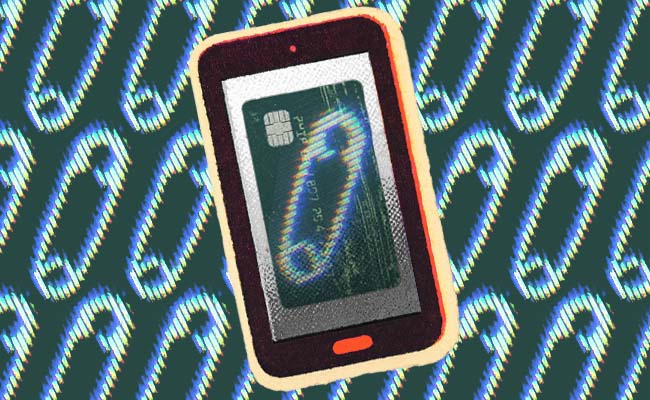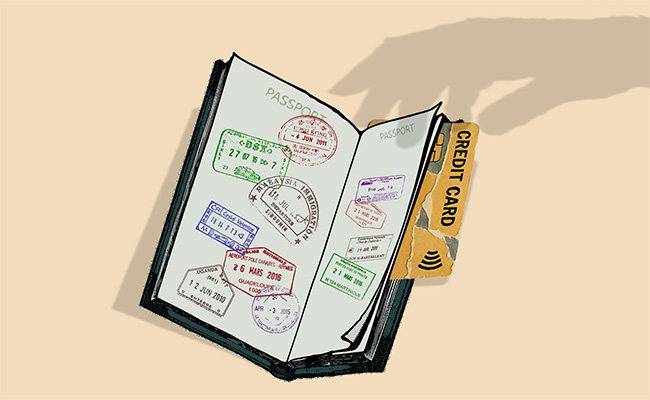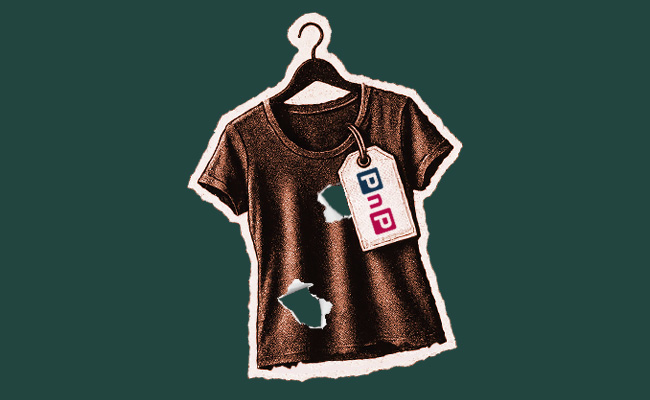Fraudulent activities are a growing challenge for financial institutions worldwide, and South African banks are no exception. As digital technology advances, so do the methods employed by fraudsters to deceive and exploit banking systems. According to the 2023 LexisNexis True Cost of Fraud Study, every rand lost to fraud in South Africa costs financial institutions R4.52 in additional expenses.
These hidden costs inflate operational expenses, which are ultimately passed on to consumers through higher fees and interest rates. Moreover, such losses severely undermine customer trust, which is vital for the stability and reputation of banks. Particularly problematic is the threat of document fraud – an insidious form of deception that can lead to significant financial and reputational damage if not properly addressed.
What is document fraud ?
Document fraud occurs when malicious actors create, alter or misuse documents to deceive financial institutions or individuals for personal gain. Within the banking sector, this often involves forged identity documents, falsified bank statements, counterfeit signatures or manipulated official records. These fraudulent documents can serve as critical tools for criminals seeking to commit identity theft, secure unauthorised loans or credit, or launder money through fictitious transactions.
These manipulations enable fraudsters to bypass standard verification processes, making detection increasingly difficult for traditional security measures.
Technology has inadvertently empowered fraudsters, making the creation of counterfeit documents more accessible and sophisticated. Kapish Soma, managing director of SkyQR – a South African company specialising in document verification technology – notes: “Unfortunately, document fraud is becoming increasingly sophisticated with technology that is available to anyone with a smartphone or a laptop. Making fake documents and fudging details like names, dates, and numbers pose huge threats for the financial sector, where it’s becoming easier for people to submit fake bank statements when applying for credit or loans.”
Modern counterfeiters leverage high-quality printers, scanners and editing software to produce convincing forgeries. They can replicate or alter security features such as holograms, microprinting and watermarks, which were once considered nearly impervious to forgery. This technological arms race pushes banks to seek equally advanced methods to verify the authenticity of documents – making fraud detection a continuous challenge in the digital age.
In response to these evolving threats, South African banks must adopt a comprehensive and proactive approach to fraud prevention. Relying solely on traditional manual verification is no longer sufficient; instead, an integrated strategy combining technological innovation, employee training, regular audits and customer engagement is essential.
What can businesses do to up their fraud prevention game?
Upgrade customer verification protocols
Strengthening client verification procedures is crucial. Multi-factor authentication protocols and biometric verification methods, such as fingerprint or facial recognition, can substantially reduce the likelihood of impersonation and unauthorised access.
Upskill employees
Humans are often the weakest link, so giving employees training in what should raise a red flag plays a vital role in fraud prevention. Regularly updating staff on the latest fraud tactics and warning signs can equip your team to recognise suspicious documents and behaviours promptly.
Audit regularly
Conducting routine audits and compliance reviews is essential. Frequent evaluations of internal controls and systemic vulnerabilities enable timely identification and remediation of weaknesses in your organisation.
Verify documents with SkyQR
The growing potential for fraud, along with the imposition of significant financial and operational burdens on the business, is what led Capitec to partner with SkyQR since 2020. Capitec integrates SkyQR’s unique QR scanning application across all its issued documents. This technology enables third parties to securely verify the authenticity of documents by scanning the embedded SkyQR codes, ensuring the integrity of information and significantly reducing the risk of fraud. To date, SkyQR has generated 590-million QR codes and facilitated more than 2.5-million document scans for Capitec alone.
Keep customers informed
Customer education should not be overlooked. Provide information about common fraud schemes and encourage a culture of awareness, empowering them to report any suspicious activity immediately.
A comprehensive approach that integrates technological innovation, rigorous verification processes, ongoing staff training, regular audits and customer engagement is fundamental for safeguarding against fraud. Implementing these measures will help protect assets, uphold regulatory compliance and sustain stakeholder confidence.
Sign up to Currency’s weekly newsletters to receive your own bulletin of weekday news and weekend treats. Register here.














